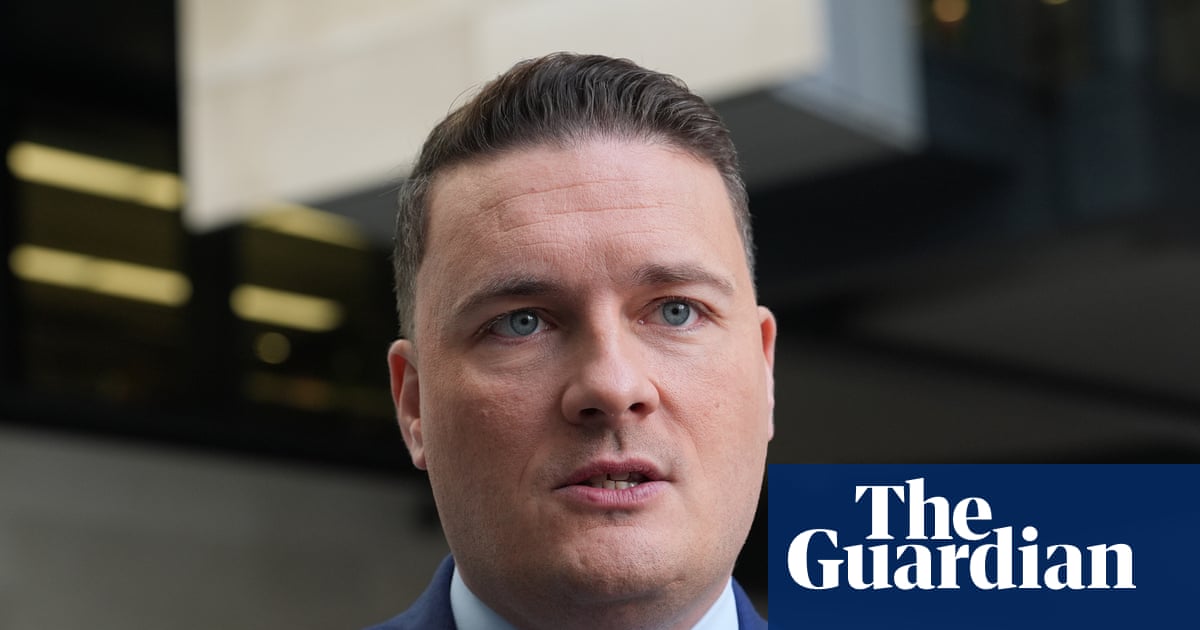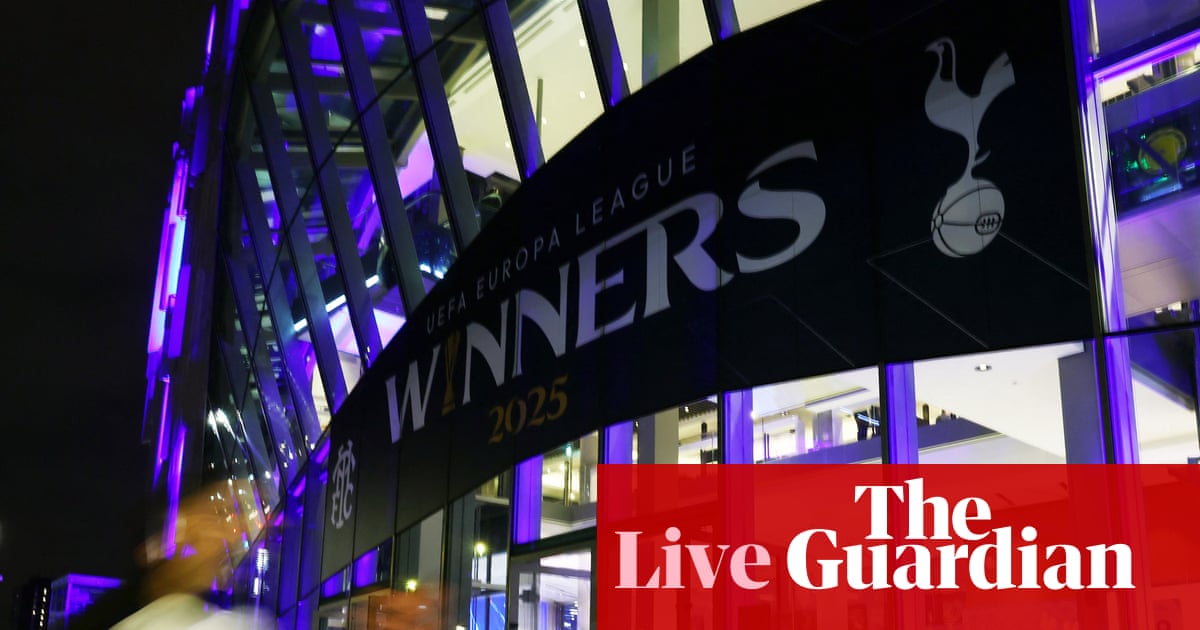It will take at least a decade to turn troubled Thames Water around, the boss of the UK’s biggest water company said, as it slumped to a £1.6bn annual loss.
The loss for the 12 months to 31 March comes after a profit of £154m the previous year, even though revenues climbed by 8.7% to £2.7bn. It had net debt of £16.8bn, up from £15.2bn the year before.
Thames Water, which supplies 16 million customers in London and south-east England, is scrambling to stabilise its finances and agree a rescue plan funded by its creditors, as it attempts to avoid collapse and a potential temporary nationalisation.
Chris Weston, the chief executive, said: “We are progressing with our senior creditors’ plan to recapitalise the business which will see us return to a more stable financial foundation.
“This will come with a requirement to re-set the regulatory landscape and acknowledge it will take at least a decade to turn Thames around.”
The annual loss included a £1.27bn provision against a loan from its parent company not deemed recoverable, £122m in fines, £285m of financing costs, £65m of fees to advisers, and £33m of costs related to the turnaround.
The water company scrambled to secure emergency funding in the past year as it struggled under a £20bn debt pile.
In its annual report, Thames said its creditors had remained “supportive” and had allowed it to draw down £350m in March and £365m in April. It is expected to draw a further £157m at the end of July, in two tranches falling in July and August. As of 30 June, the company had £424m of available cash.
Thames issued a “going concern” warning, saying the “directors expect that for the recapitalisation transaction to be agreed the company will require the support of multiple stakeholders including its creditors”. If it fails, Thames said, the company would consider all options “but a possible consequence would be a special administration” – effectively nationalisation.
Weston claimed that the company had made “good progress in operational performance, despite the ongoing challenging financial situation”. It reduced water leaks by 13.2% and household complaints fell by 16.6% to 69,311 but total pollution incidents rose by more than a third to 470.
Weston said: “Pollutions were adversely impacted by rainfall and high groundwater levels, but we have made progress in terms of addressing many of the underlying causes of our poor performance, including being more proactive in sewer cleaning.
after newsletter promotion
“While it is disappointing this work was not reflected in performance improvement in the year, we are confident that it will translate into future environmental performance.”
The annual report said there were “no quick fixes”. As a result of sewage spills and downgrading of Thames’s credit rating in the past year, the company did not pay a performance-related bonus to Weston for the period.
Under new powers brought in by the Labour government, the sector’s regulator, Ofwat, is now able to ban bonuses for water executives where a company fails to meet key standards on environmental and financial performance, or is convicted of a criminal offence.
The company’s creditors are now the lead contenders to take over formal ownership of Thames in return for a further £5.3bn in equity investment and debt. They were forced to step in to avoid Thames collapsing into temporary nationalisation after the US private equity firm KKR pulled out of a rescue deal.

 3 months ago
72
3 months ago
72

















































